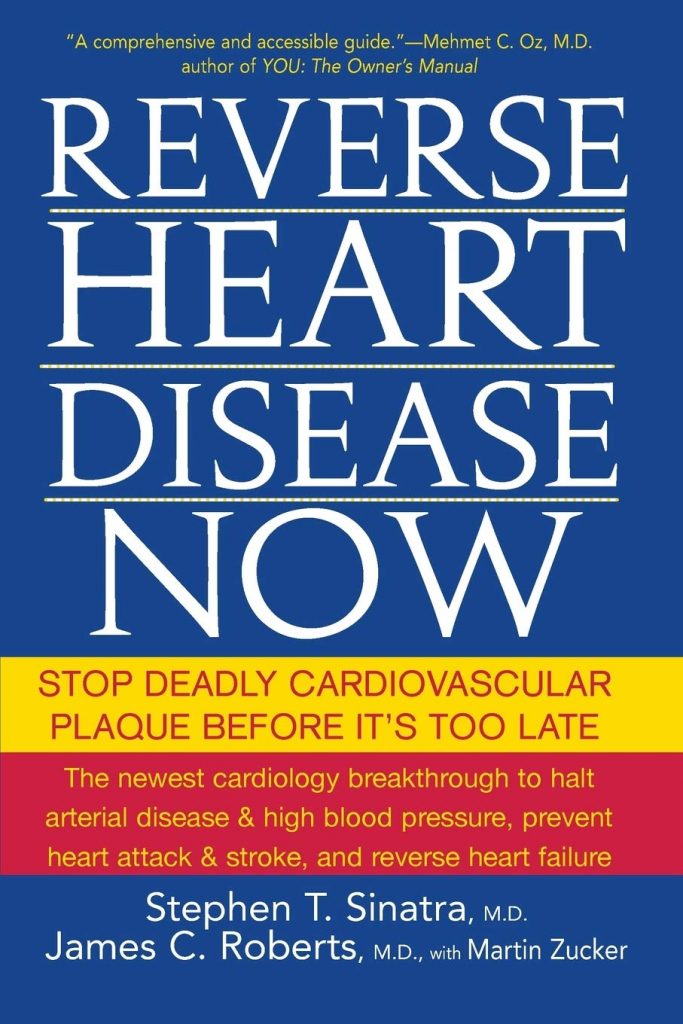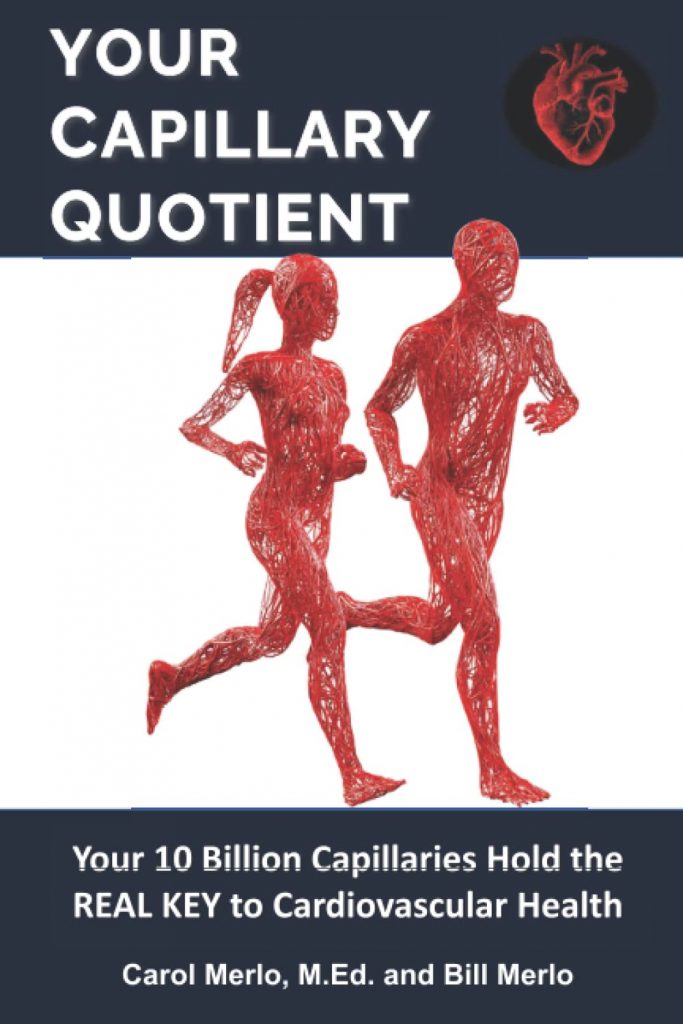As you know, I had a heart attack just over two months ago and this has also made me want to learn as much as possible about the subject and what can be done to avoid this in the future. Here I will take a closer look at Life’s Simple 7, created to educate the public on the importance of maintaining a healthy heart and lifestyle.
What is Life’s Simple 7?
“Life’s Simple 7” is a program created by the American Heart Association (AHA) that promotes the following seven factors associated with a reduced risk of heart disease and stroke.
According to the AHA’s “Life’s Simple 7,” ideal cardiovascular health is attained when all seven factors are managed effectively. Therefore, an individual with ideal cardiovascular health would have controlled blood pressure, cholesterol, and blood sugar, would not be smoking, would have a healthy weight, would be physically active, and would eat a healthy diet.
The aim of this initiative is to help individuals understand the steps they can take to reduce their risk of heart disease and improve their overall health.
1. Manage Blood Pressure
High blood pressure is a significant risk factor for heart disease and stroke. Keeping blood pressure within healthy ranges reduces the strain on your heart, arteries, and kidneys, keeping you healthier longer.
2. Control Cholesterol
High cholesterol contributes to plaque formation, which can clog arteries and lead to heart disease and stroke. Managing cholesterol levels is essential for cardiovascular health.
3. Reduce Blood Sugar
Elevated blood sugar can damage the heart, kidneys, eyes, and nerves over time. Managing blood sugar levels, especially for those with diabetes, is crucial.
4. Get Active
Regular physical activity benefits blood pressure, cholesterol, blood sugar, and weight. It also helps to improve overall cardiovascular health.
5. Eat Better
A heart-healthy diet loaded with fruits, vegetables, lean protein, and fiber and low in saturated and trans fat, cholesterol, sodium, and added sugars can benefit blood pressure, cholesterol levels, blood sugar, and weight.
6. Lose Weight
Achieving and maintaining a healthy weight reduces the burden on the heart, lungs, blood vessels, and skeleton. It also positively affects blood pressure, cholesterol levels, and blood sugar.
7. Stop Smoking
Smoking damages the entire circulatory system, increasing the risk of coronary heart disease, hardened arteries, aneurysms, and blood clots. It’s necessary to quit smoking for better heart and lung health.
Measure Your Cardiovascular Health According To Life’s Simple 7
Each area is scored separately and then the scores are added together to get an overall measure of heart health. Here is a general guide on how you might measure your scoring system in each of these seven areas.
To have what is termed perfect cardiovascular health, at least five of the seven components of the scoring system must be at the ideal level. If three or four of the elements are at the ideal level, cardiovascular health is described as moderate and if only two or fewer elements are at the ideal level, cardiovascular health is classified as poor:
- Smoking Status: This is a simple binary question. If you have quit smoking for at least the past year, you get a score of 2. If not, your score is 0.
- Physical Activity: If you get at least 150 minutes per week of moderate intensity or 75 minutes per week of vigorous intensity aerobic exercise (or a combination), you get a score of 2. If your activity is less but not zero, you get a score of 1. If you have no physical activity, you get a score of 0.
- Healthy Diet: The AHA defines a healthy diet as one that includes fruits and vegetables, whole grains, low-fat dairy products, poultry, fish, and nuts, and that limits red meat, sugary foods and beverages, and sodium. If your diet fully adheres to the AHA recommendations, you get a score of 2. Partial adherence gets a score of 1, and no adherence gets a score of 0.
- Body Mass Index (BMI): This is calculated based on your weight and height. A BMI less than 25 kg/m2 scores 2, 25-29.9 kg/m2 scores 1, and 30 kg/m2 or higher scores 0.
- Blood Pressure: Optimal blood pressure is less than 120/80 mm Hg. If your blood pressure is at this level without medication, you get a score of 2. Pre-hypertension (120-139/80-89 mm Hg) or treated to goal gets a score of 1. Hypertension (140/90 mm Hg or higher) or treated but not at goal gets a score of 0.
- Blood Cholesterol: Optimal total cholesterol level is less than 200 mg/dL. If your level is less than this without medication, you get a score of 2. If your level is 200-239 mg/dL, or if you’re taking medication and your level is less than 200 mg/dL, you get a score of 1. If your level is 240 mg/dL or higher, or if you’re on medication and your level is 200 mg/dL or higher, you get a score of 0.
- Blood Sugar: Optimal fasting blood glucose is less than 100 mg/dL. If your level is less than this without medication, you get a score of 2. If your level is 100-125 mg/dL, or if you’re on medication and your level is less than 100 mg/dL, you get a score of 1. If your level is 126 mg/dL or higher, or if you’re on medication and your level is 100 mg/dL or higher, you get a score of 0.
Read more here:


FAQs about Cardiovascular Health
Cardiovascular health refers to the overall well-being of the heart and blood vessels, which are responsible for circulating oxygen and nutrients throughout the body. It encompasses the prevention of cardiovascular diseases and the maintenance of a healthy cardiovascular system.
Several risk factors contribute to the development of cardiovascular disease, including high blood pressure, high cholesterol levels, smoking, diabetes, obesity, sedentary lifestyle, family history of heart disease, and age.
To maintain a healthy cardiovascular system, you can adopt a range of lifestyle choices, such as eating a balanced diet, engaging in regular physical activity, avoiding tobacco and excessive alcohol consumption, managing stress levels, and getting regular check-ups to monitor your blood pressure and cholesterol levels.
Common warning signs of a heart attack include chest discomfort or pain, shortness of breath, nausea or vomiting, lightheadedness, pain or discomfort in the arms, back, neck, jaw, or stomach, and cold sweats. It is important to seek immediate medical attention if you experience these symptoms.
To lower cholesterol levels, you can make dietary changes by reducing your intake of saturated and trans fats, and increasing your consumption of fruits, vegetables, whole grains, and healthy fats like those found in nuts, seeds, and olive oil. Regular exercise, maintaining a healthy weight, and quitting smoking can also help lower cholesterol.
Yes, chronic stress can have negative effects on cardiovascular health. It can lead to increased blood pressure, inflammation, and the release of stress hormones, which may contribute to the development of heart disease. Managing stress through relaxation techniques, exercise, and social support is important for maintaining cardiovascular health.
The American Heart Association recommends at least 150 minutes of moderate-intensity aerobic exercise or 75 minutes of vigorous-intensity aerobic exercise per week for cardiovascular health. This can be achieved through activities like brisk walking, jogging, cycling, swimming, or participating in sports.
Yes, adopting a healthy diet can help prevent heart disease. A diet that is rich in fruits, vegetables, whole grains, lean proteins (such as fish and poultry), and healthy fats (like those found in avocados, nuts, and olive oil) can lower the risk of cardiovascular disease.
Hypertension, or high blood pressure, is a condition in which the force of blood against the artery walls is consistently too high. It is a major risk factor for heart disease. Hypertension can be managed through lifestyle changes, including adopting a low-sodium diet, regular exercise, weight management, reducing stress, limiting alcohol consumption, and taking prescribed medications if necessary.
Yes, genetics can play a role in cardiovascular health. Some individuals may have a genetic predisposition to conditions such as high blood pressure or high cholesterol. However, lifestyle factors and preventive measures can still greatly influence cardiovascular health, even for those with a genetic risk. Regular medical check-ups and discussions with healthcare professionals can help manage and address any genetic risk factors.






